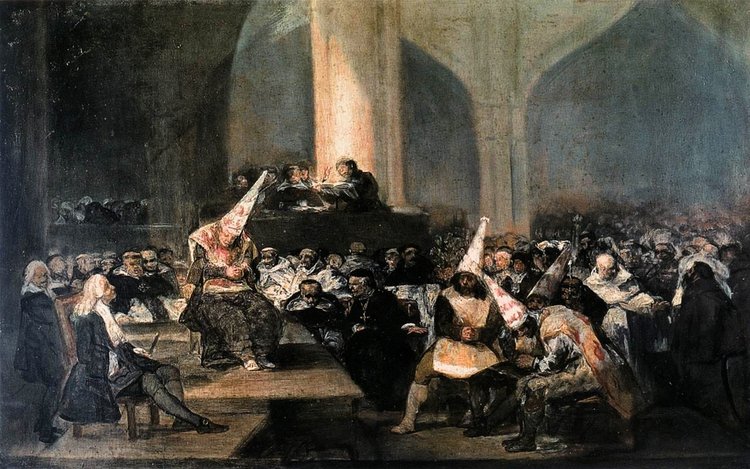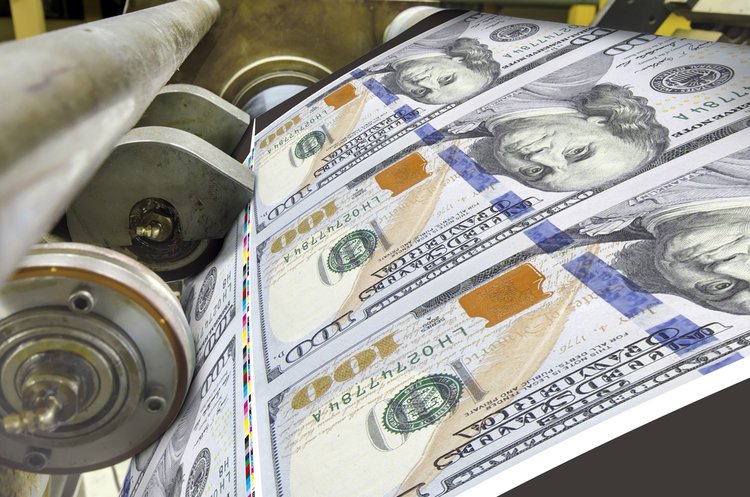Journalist Ilya Klishin tells the readers of Insider.pro why Middle Ages are expected to repeat and explains the role cryptocurrencies are going to play.
In middle school, I was always struck by how accurate the historical dates in the textbooks were. If the teacher asked what year the Western Roman Empire collapsed, there would be only one correct answer: 476 AD, when the last Emperor, Romulus Augustus, abdicated. And after that, the textbooks claimed, the Middle Ages began immediately—either later on the same day, or on the first day of the new year 477.
Of course the Romans of the time hardly noticed the onset of the"new social formation". The Senate operated as before. New temples and fountains were built in Rome. Not exactly what you would call a post-apocalyptic barbarian horror.
Simply put, a new era never begins in an instant, and some changes become obvious only in hindsight. And I sometimes wonder if we, much like those Romans, just do not see the new Middle Ages coming.
Back in 1986, the famous Italian author and philosopher Umberto Eco wrote a striking essay called "Dreaming in the Middle Ages",suggesting that we are living in a new transition era. Since then, for more than thirty years, many modern anthropologists, philosophers and historians have been trying to prove him wrong, largely in vain.
Their persistence is understandable, given that from the 90's point of view the Berlin Wall fell not so long ago, and liberal democracy wас marching victoriously across the globe, making it easy to believe Fukuyama with his "end of history". But the gloomy evidence of Eco’s theory is growing: obscurantism and religious fundamentalism are on the rise all over the world, a great many people lose their faith in science, and superstitions thrive. We no longer strive for the stars, having traded them for a new iPhone every year. The Western political system is coming apart at the seams. We do not even need barbarians to destroy our Rome; we become them.
Are the centuries of chaos, plague, war, and ignorance awaiting us?
Well, in fact, not necessarily. The new Middle Ages may not be so bad. It would be just silly to take it literally. We don't have to return to knight tournaments and crusades. Or stop washing daily. Or burn witches.
Yes, the modern era of united and powerful nation-states like France or England, which took shape by the 17th century when the Peace of Westphalia established a new system of political order in central Europe, comes to it send.
But the end of this particular system does not mean the end of theworld. Many futurists today readily speculate about how the new century willchange not just the political map of the world, but the very nature of thestate itself. Some of them argue that soon enough we will see the emergence ofcorporate-states or city-states much like the Hanseatic and Italian tradingcities that flourished in the historical Middle Ages.
Indeed, over the past hundred years, the sovereign state has lost many of its monopolies. Now any state is based on the remaining two of them,namely the monopoly on violence and the monopoly on the issue of money. As far as I can tell, no one, except perhaps the most radical anarchists and some libertarians, wants to abolish the state monopoly on violence. Few people are willing to find themselves in the middle of "war of all against all"(bellum omnium contra omnes), long described by Thomas Hobbes and recently shown in the Mad Max movie.
The only thing that is unclear is why do we need such a huge repressive apparatus to simply maintain an order on any given territory. How many security staff you can usually see in a corporate office? If this is the only function of the “future state”,then it is not a sovereign state at all, but simply a security service. Well,OK, we will probably still need courts so you could do business safely, but that's probably all. As for the rest, the people of the future, with their neural networks, biotechnologies, cold fusion, and 3D printers will manage it themselves.
A logical question arises: why such a curtailed state should keep a monopoly on the issue of money?
Yes, we all know that you can not just print money that is notbacked by anything, we kno
w what inflation and even hyperinflation is. And it used to be true 400 and even 40 years ago, but not anymore. For several years now, anyone is able to privately issue their own money. And, of course, it’s cryptocurrencies we’re talking about.
In terms of emission, a cryptocurrency is different from fiat money the same way YouTube is different from television. The TV is broadcast centrally produced content and is controlled by a small group of people, and YouTube is thousands and millions of independent broadcasters from all over the world, with. Not every single blogs has a chance to become popular, and not all "private" currencies will stick around—in many ways it's a matter of luck.
So the New Middle Ages will not necessarily become the triumph of ignorance and anarchy. Although these days, unfortunately, we’ve got plenty of those (think of ISIS or Donald Trump). But with the help of science and education, people like Elon Musk or Vitalik Buterin can restrain this darkness. The new Middle Ages can also be a time when an omnipotent state will finally loosen its grip and give way to people like the two I’ve mentioned above.




